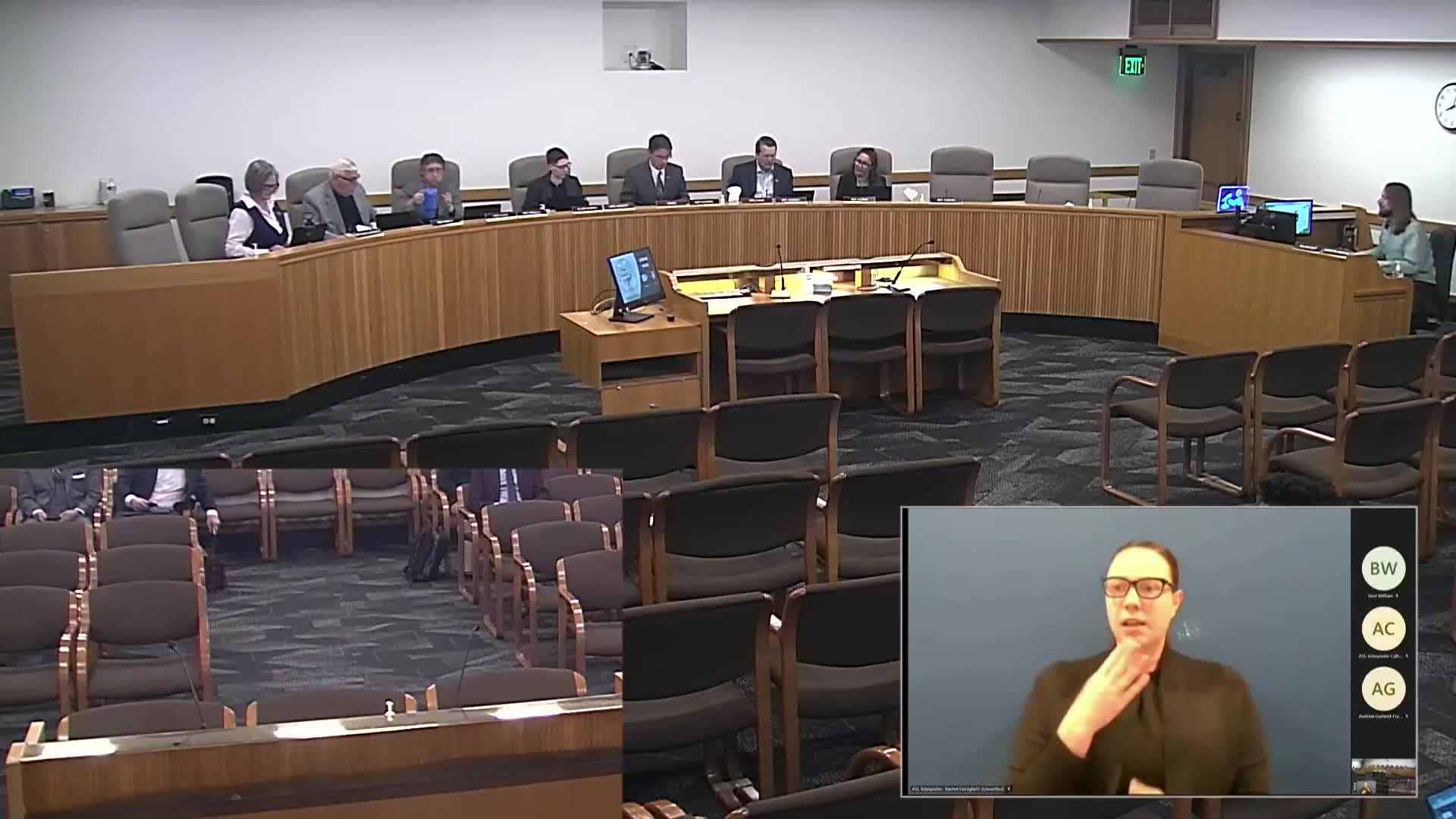House committee advances bill to expand behavioral-health training at public universities
Get AI-powered insights, summaries, and transcripts
Subscribe
Summary
The Oregon House Committee on Higher Education and Workforce Development adopted a dash-2 amendment and gave HB 3129 a do-pass recommendation to Joint Ways and Means, advancing a $25.7 million plan to grow the behavioral-health workforce and expand university training capacity.
The House Committee on Higher Education and Workforce Development on March 18 adopted an amendment and voted to refer House Bill 3,129 to the Joint Committee on Ways and Means with a do-pass recommendation, advancing a proposal to expand behavioral-health training capacity at Oregon public universities.
Supporters told the committee the bill would increase the number of credentialed behavioral-health providers available to publicly funded programs, help recruit and train students from high schools and community colleges, and fund scholarships, earn-to-learn internships and faculty hires to open more university seats.
Dr. Rob Winningham, a psychology professor at Western Oregon University, testified that Oregon faces “a behavioral health staffing crisis with the most severe shortages in rural and frontier areas” and said a 2025 assessment he helped oversee recommended increasing the talent pipeline and educational access. “HB 3,129 can help reduce the behavioral health workforce shortage by increasing the capacity at college and university levels,” Winningham said, listing outreach, scholarships, advising and paid internships as uses for the funding.
Carlos Obedexo Maldonado, CEO of Bridgeway Community Health and assistant professor at Western Oregon University, said he supports the bill from direct-service experience and urged the committee to “incentivize and support the faculty and hire in the universities in hiring new faculty.” Mark Overbeck, director of government relations at Southern Oregon University, described the bill’s dash-2 amendment as aligning the measure with Governor Kotek’s recommended budget, clarifying the bill’s focus on providers who serve the publicly funded behavioral-health system and adding data-driven accountability measures. Overbeck said the amendment “improves and clarifies the bill as introduced.”
Dr. Andrew Garland Forshee, a department chair at Portland Community College, described PCC’s stackable credential pathways for behavioral health and addiction services and said the bill would help remove barriers such as limited clinical placements and financial constraints that keep students from completing credentials.
Committee members clarified the bill’s scope during discussion. Representative Wright asked whether the amendment allows providers to serve “everyone who needs it”; Overbeck and witnesses said the amendment is intended to make funding available broadly while identifying priority populations. Representative Finger McDonald welcomed language addressing licensure and career ladders for current workers who could advance with additional training. Representative Hagler asked whether the bill would change discipline-specific student-to-faculty ratios; Winningham explained the bottleneck is hiring faculty to open additional cohorts and said startup funding is required before programs become self-sustaining.
The committee first adopted the dash-2 amendment by unanimous consent with no formal objection. Representative Fraglia moved a do-pass recommendation as amended and referral to the Joint Committee on Ways and Means by prior reference. A roll call followed: Finger McDonald — Aye; Muñoz — Yes; Frank — No; Yunker — No; Vice Chair Fraggle — Yes; Vice Chair Harvick — No; Chair Hudson — Aye. The motion carried (four yes, three no). The dash-2 amendment and the bill as amended align funding levels with the governor’s recommended $25,700,000 investment in behavioral-health workforce expansion and include the accountability measures witnesses described.
Committee members and presenters repeatedly tied the bill to previous state investments under the Future Ready Oregon initiative and to recent, truncated public hearings on HB 3,129 that required the committee to finish testimony at this session. The committee closed the work session on HB 3,129 and moved on to the next agenda item.
